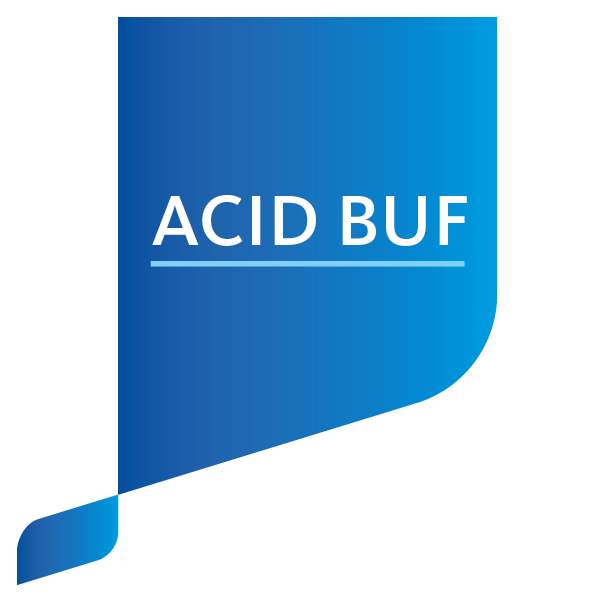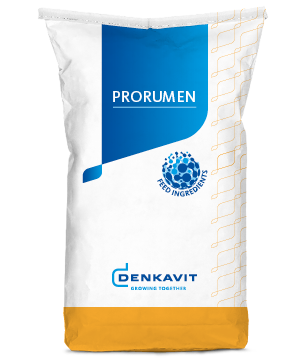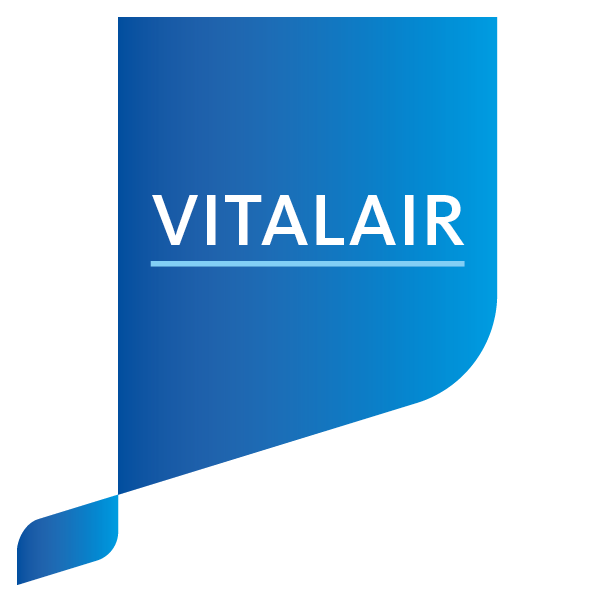
Enhanced Health & Welfare
Enhancing livestock health and welfare through proper nutrition boosts productivity, sustainability, and farm success. Balanced, high-quality feed improves immune function, reduces disease risk, and lowers veterinary costs. Well-nourished animals exhibit better growth, reproduction, and well-being, leading to more efficient feed use, improved profitability, and sustainable farming practices.

THE IMPORTANCE OF NUTRITION FOR ANIMAL HEALTH AND WELFARE
Enhanced health and welfare through nutrition are pivotal in livestock farming, as they significantly impact animal productivity, sustainability, and overall farm success. Proper nutrition is foundational to maintaining and improving livestock health, ensuring that animals receive the essential nutrients required for optimal growth, immune function, and reproductive performance.
Supporting immune health through balanced feed
Balanced and high-quality feed supports robust immune systems, reducing the susceptibility to diseases and infections. This proactive approach minimises the need for medical treatments, which can be costly and stressful for animals. Improved health through better nutrition leads to fewer veterinary interventions, lower mortality rates, and increased longevity of the livestock.
Enhancing animal welfare and productivity through optimal nutrition
Additionally, well-nourished animals exhibit better welfare, characterised by optimal growth rates, improved comfort, and enhanced overall well-being. Proper nutrition helps in preventing metabolic disorders and supports natural behaviours, contributing to a higher quality of life. For breeding livestock, enhanced nutrition positively affects reproductive outcomes and the health of offspring, leading to more productive and sustainable herds.
Economic benefits of investing in high-quality nutrition
Moreover, investing in nutrition not only benefits the animals but also enhances farm profitability. Healthier livestock convert feed more efficiently, leading to better feed utilisation and reduced waste. This efficiency translates into cost savings and improved economic performance.
Conclusion
In summary, enhancing livestock health and welfare through nutrition is essential for achieving sustainable and profitable farming. By prioritising high-quality, balanced diets, farmers can ensure their animals thrive, leading to improved productivity, reduced veterinary costs, and a higher standard of animal welfare.







